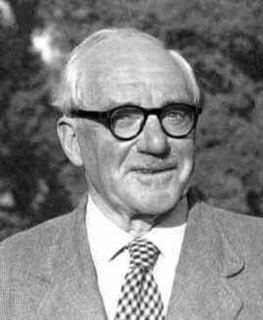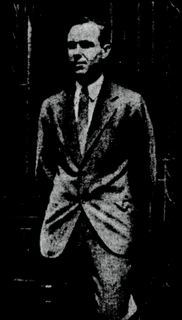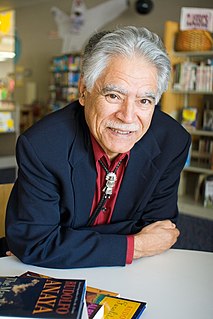A Quote by Robert Winston
It is possible that strong levels of belief in God, gods, spirits or the supernatural might have given our ancestors considerable comforts and advantages.
Related Quotes
Obviously, if theism is a belief in a God and atheism is a lack of a belief in a God, no third position or middle ground is possible. A person can either believe or not believe in a God. Therefore, our previous definition of atheism has made an impossibility out of the common usage of agnosticism to mean "neither affirming nor denying a belief in God."
The death of God represents not only the realization that gods have never existed, but the contention that such a belief is no longer even irrationally possible: that neither reason nor the taste and temper of the times condones it. The belief lingers on, of course, but it does so like astrology or a faith in a flat earth.
The God content of the past no longer sustains the contemporary spirit. We sense that our only hope is to journey past those definitions of a God who is external, supernatural, and invasive, which previously defined our belief. We must discover whether or not the death of the God we worshiped yesterday is the same thing as the death of God.
It forms a strong presumption against all supernatural and miraculous relations, that they are observed chiefly to abound among ignorant and barbarous nations; or if a civilized people has ever given admission to any of them, that people will be found to have received them from ignorant and barbarous ancestors.
There were certain great principles involved in the organization of this earth, and one was that there might be a place provided whereon the children of our Heavenly Father could live and propagate their species and have bodies formed for the spirits to inhabit who were the children of God; for . . . He is the God and Father of the spirits of all flesh.
There are two gods. The god our teachers teach us about, and the God who teaches us. The god about whom people usually talk, and the God who talks to us. The god we learn to fear, and the God who speaks to us of mercy. The god who is somewhere up on high, and the God who is here in our daily lives. The god who demands punishment, and the God who forgives us our trespasses. The god who threatens us with the torments of Hell, and the God who shows us the true path.
There are two gods. A god who casts us off because of our sins, and a God who calls to us with His love.



































